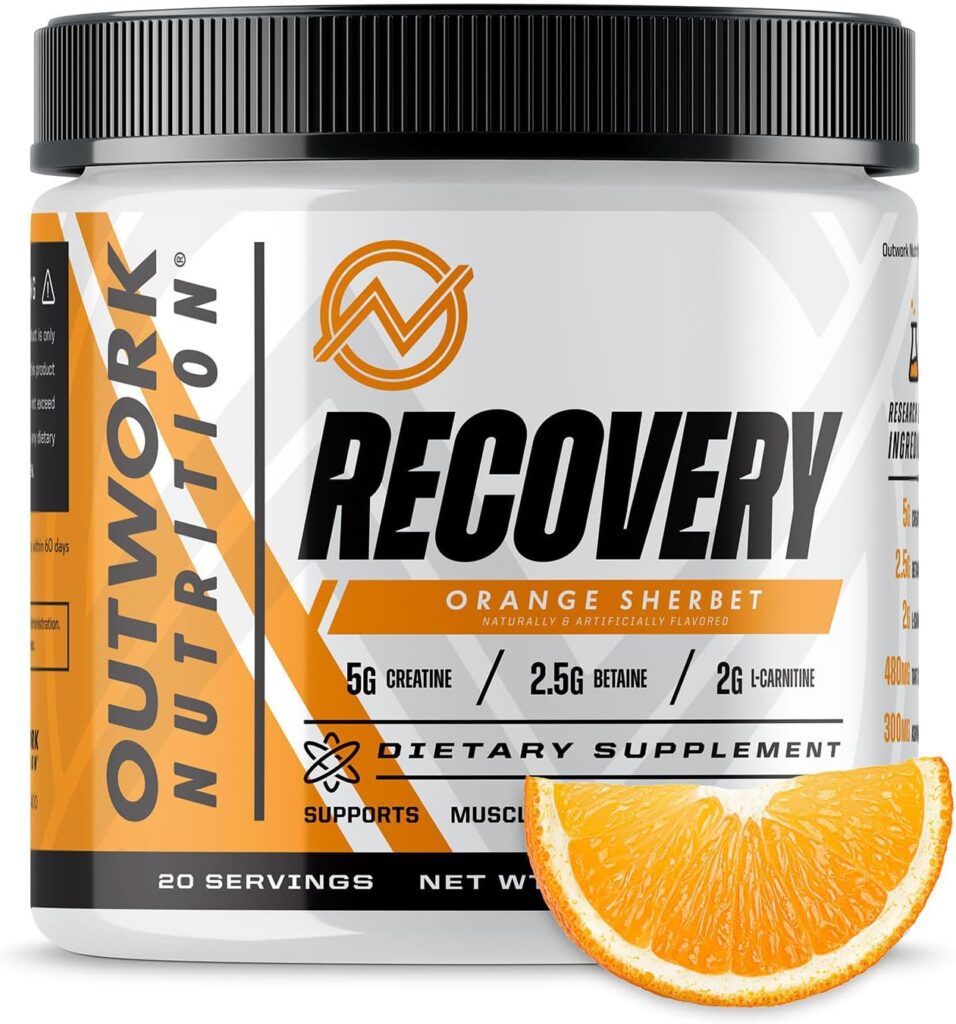After an intense workout, it’s not uncommon to experience muscle soreness.
While this discomfort can be a sign that you’ve pushed your body, it can also hinder your performance and motivation.
Understanding what causes post-workout soreness and how to alleviate it can help you recover effectively and get back to your fitness routine.
In this post, we are going to explore 5 ways to ease muscle soreness after workouts, and what causes post-workout muscle soreness.
Let’s dive in!
What Causes Post-Workout Soreness?
Post-workout soreness, often referred to as delayed onset muscle soreness (DOMS), typically occurs 24 to 48 hours after exercise.
Here are some primary causes:
- Micro-tears in Muscle Fibers: When you exercise, especially during resistance training, small tears occur in your muscle fibers. This is a normal part of the muscle-building process, but it can lead to soreness.
- Inflammatory Response: The body’s natural response to muscle damage includes inflammation. This process can increase blood flow to the affected area, contributing to the sensation of soreness.
- Lactic Acid Buildup: During intense workouts, your muscles produce lactic acid as a byproduct of anaerobic metabolism. While lactic acid itself is not responsible for soreness, it can contribute to the discomfort felt during and immediately after exercise.
- New or Intense Workouts: Engaging in new exercises or increasing the intensity of your workouts can lead to greater soreness, as your muscles are not accustomed to the strain.
- Eccentric Movements: Exercises that involve lengthening the muscle while it is under tension (like lowering a weight) tend to cause more soreness than concentric movements (like lifting a weight).
5 Ways to Ease Muscle Soreness After Workouts
1. Taking a Workout Recovery Supplement
Using a workout recovery supplement can be an effective way to alleviate muscle soreness.
Many supplements contain ingredients like creatine, l-carnitine and betaine, which help reduce muscle damage and enhance recovery.
These supplements can support muscle repair, making them a valuable addition to your post-workout routine.
My personal favorite Workout Recovery Supplement is Outwork Nutrition’s Recovery.
Founded by Layne Norton Ph.D, Outwork Nutrition’s Recovery is an exceptional workout recovery supplement, scientifically formulated with ingredients like Creatine Monohydrate, Betaine, and Tart Cherry Powder to enhance muscle recovery and growth.
Backed by peer-reviewed research, it maximizes muscle mass and strength while supporting stress with Ashwagandha.
L-Carnitine accelerates recovery time by increasing blood flow and decreasing soreness, ensuring you bounce back quickly from intense workouts.
Simply take 1-2 scoops after your workouts and you’re good to go!
2. Stretching and Foam Rolling
Incorporating stretching and foam rolling into your post-workout routine can help alleviate tightness and improve flexibility.
Stretching helps relax the muscles, while foam rolling can release tension and enhance blood flow.
Focus on the sore areas, rolling gently to avoid further irritation.
3. Hydration and Nutrition
Staying well-hydrated is crucial for recovery.
Water helps transport nutrients to your muscles and flush out toxins that can contribute to soreness.
Additionally, consuming a balanced diet rich in protein, healthy fats, and carbohydrates supports muscle repair.
Foods like lean meats, fish, eggs, nuts, fruits, and vegetables are excellent choices.
4. Rest and Sleep
One of the best forms of recovery is rest and quality sleep.
Allowing your muscles time to recover is essential for reducing soreness.
Aim for at least 7-9 hours of sleep each night, as this is when your body repairs itself.
Consider incorporating rest days into your workout routine to prevent overtraining.
5. Cold and Heat Therapy
Using cold and heat therapy can provide relief from soreness.
Ice packs can help reduce inflammation and numb sharp pains, while heat therapy (like warm baths or heating pads) can promote blood flow and relax tight muscles.
Experiment with both methods to see which provides the best relief for you.
Ease Your Muscle Soreness
Post-workout soreness is a common experience that can be managed effectively with the right strategies.
By understanding its causes and implementing these five methods, you can ease muscle soreness and enhance your overall recovery.
Remember to listen to your body and adjust your workout intensity as needed to prevent excessive soreness in the future.
Thank you for reading!
Affiliate Disclosure
Some of the links on this site are affiliate links. This means that if you click on the link and purchase the item, we may receive an affiliate commission at no extra cost to you. I only recommend products or services that I believe will add value to my readers, however some (not all) do pay us to be on this blog. Your support and theirs helps keep this blog running, and I genuinely appreciate it.
Medical Disclaimer
The information provided on this website is for educational purposes only and is not intended as medical advice. This blog or the writer is not a licensed healthcare professional, and the content should not be used as a substitute for professional medical diagnosis, treatment, or advice. Always consult with your physician or other qualified healthcare provider before starting any new treatment or making any changes to your healthcare routine.
